Library
-
Some horse owners feel that it is necessary to 'clean' a colt or gelding's prepuce (sheath) and penis on a fairly regular basis.
-
Sidebones are a name for a condition that results in ossification of the collateral cartilages of the foot, i.e., the cartilages transform into much harder and less flexible bone.
-
Silver sulfadiazine topical is an antimicrobial used to treat skin infections and burns in cats, dogs, and exotic pets. It is used off label in veterinary medicine. Silver sulfadiazine topical comes in a topical cream.
-
'Spavin' is a common condition in ponies and horses of all ages. There are two forms of spavin; bone spavin and bog spavin. Both affect the hock.
-
Stanozolol is given by mouth and is used off label to treat poor appetite, anemia, tracheal collapse, and other conditions. Give as directed by your veterinarian. Side effects may include behavior changes, limb swelling, or prevention of heat cycles. Do not use in pets that are allergic to it, are pregnant, breeding, or nursing. Pregnant women should NOT handle this medication. If a negative reaction occurs, please call your veterinary office.
-
Stem cells are unspecialized cells that are capable of renewing themselves though cell division. Under certain conditions, they can become a specific tissue or organ cell. Stem cell therapy commonly refers to the process of placing stem cells from the body into diseased or damaged tissues, such as a torn ligament in the knee or perhaps an arthritic joint. This process is often referred to as regenerative medicine. Adult stem cells are capable of repair and regeneration of various tissues because they have the potential to differentiate into specialized cells of an organ. The most common use of stem cell therapies has been in the treatment of osteoarthritis in dogs and cats. Currently, there are no current guidelines with respect to stem cell therapy. Stem therapy should only be performed by a veterinarian with special training, who understands the benefits and limits of this therapy. It is important to have realistic expectations as positive outcomes cannot be guaranteed.
-
Strangles is an infection caused by bacteria called Streptococcus equi. It is highly contagious and the infection can be spread by horse-to-horse contact or by humans, tack, drinking troughs and other environmental factors.
-
Sulfasalazine is given by mouth and is used off label to treat inflammatory large bowel disease and vasculitis. Give as directed by your veterinarian. Side effects include dry eye, decreased appetite, vomiting, yellowing of the skin, eyes, or body fluids. Do not use in pets that are allergic to it or other sulfonamides or salicylates, or in Doberman Pinschers, Miniature Schnauzers, or Samoyeds, or in pets with dry eye/KCS, intestinal or urinary blockages, or severe dehydration. If a negative reaction occurs, please call your veterinary office.
-
The suspensory ligament supports the fetlock and protects it from hyperextension (i.e., dropping too low) at exercise. The ligament begins at its attachment to the back of the upper cannon bone in both the fore and hindlimbs.
-
Sweet Itch is a skin disease (sometimes called summer itch or seasonal allergic dermatitis) and is caused by an allergy to the saliva of certain biting flies or midges (e.g., Culicoides spp.).


